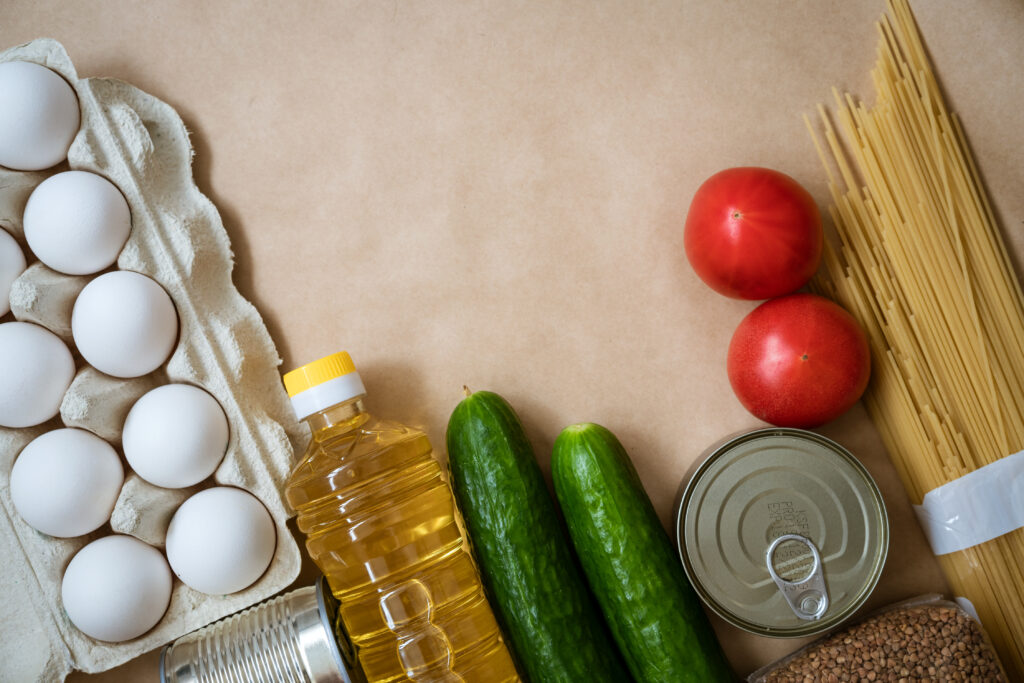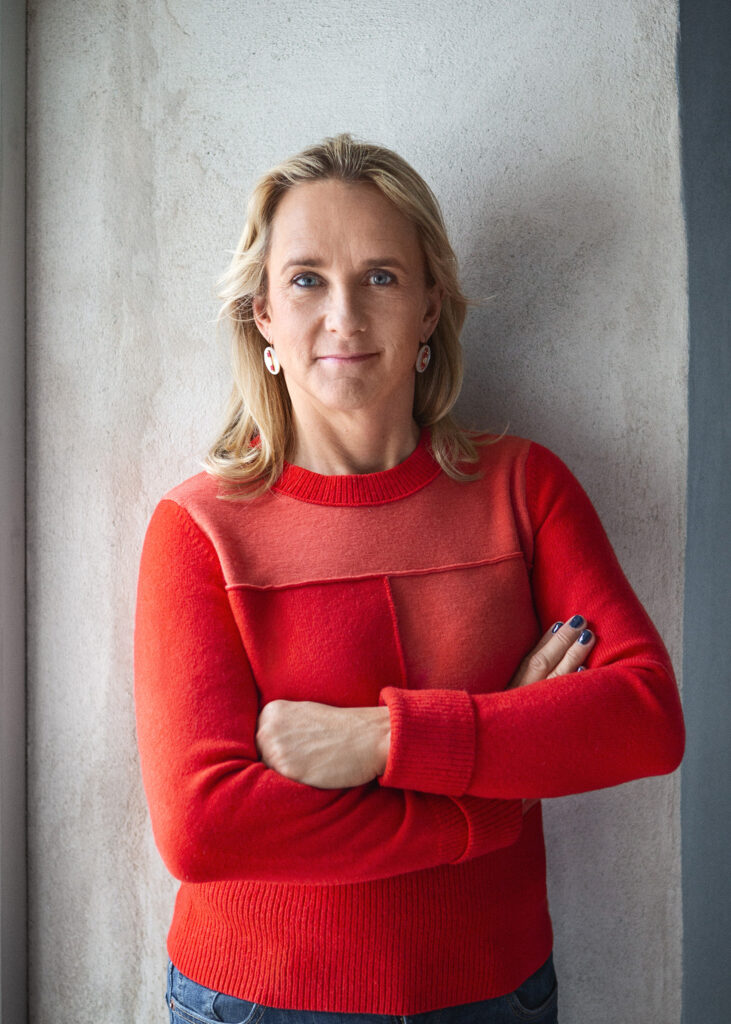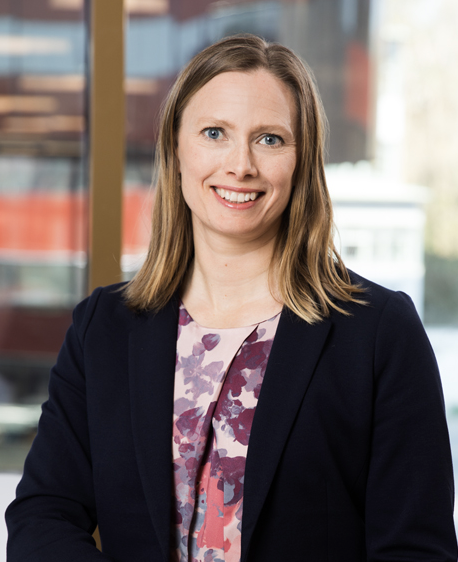Circular system for food delivery
More and more Swedes are having their food delivered to their door, often in paper bags that are then thrown away. Could there instead be a system where the food is received in a packaging that is sent back and can then be reused? The RE:Source project Returbar aims to develop both packaging and a system that makes this possible.

1.4 million tons. This is the amount of packaging placed on the Swedish market each year. It is often paper packaging that becomes waste after a very short period of use. The proportion of reusable packaging must increase, both for the sake of the climate and because of a government decision to increase it by 30 per cent by 2030.

Photo: Linda Prieditis
The growing e-commerce of groceries uses a lot of paper and plastic packaging. More and more Swedes are using services that deliver food to their doorstep – often in paper bags that are then thrown away, piled up or, at best, recycled. This is a problem for the consumer, the food industry and the planet. The RE:Source project Returbar, led by Axfoundation and Chalmers Industriteknik, wants to find a practical solution for a system of reusable packaging, where the customer receives their goods in packaging that is then sent back to the supplier and reused. In this way, reusable bags would circulate between customers and replace the paper bags that are piled up at the end consumer.
– Every year, hundreds of millions of paper bags are sold in grocery stores, and if we can replace some of these with a circular solution, it would make a big difference. We also want to contribute to the normative shift required for circular customer behaviour to become the new normal, says Amelie Silfverstolpe, Head of Sustainable Innovation at Axfoundation.

In order to develop a functioning circular system, several things need to be investigated, including how a new type of suitable packaging can be constructed and in what material, what the packaging flows should look like with collection, washing and traceability, and what incentives there may be for the consumer.
– We are currently investigating different solutions with deposit and logistics, the goal is to make it super easy for both the customer and the suppliers to circulate the bags. In Sweden, consumers are used to deposits on PET bottles, so in this project we envision similar monetary systems to ensure a high return rate for the reusable bag, says Linnea Lindkvist, project manager at Chalmers Industriteknik.
In autumn 2023, the project partners will also conduct additional physical tests with different types of circular bags and traceability solutions.
But above all, a circular system requires cooperation. The project aims to create an industry-wide sustainable solution for the flow of packaging in a reverse logistics system.
– By bringing together actors who otherwise compete, there is potential for economies of scale, broad support and, not least, a system that has the potential to be much better for the customer, who then isn’t tied to a single actor in order to return their borrowed bag, says Amelie Silfverstolpe.
We want to contribute to the normative shift needed to make circular customer behaviour the new normal.
Amelie Silfverstolpe, Axfoundation
And of course, circular thinking doesn’t need to be limited to just paper bags for food deliveries. The goal is to inspire and extend it to other parts of the industry as well.
– Many industries, including the take-away industry, need to solve the logistics challanges of reusable packaging, which they are required to offer to consumers by law. We should reasonably find synergies with them. In addition, we believe that the Returbar solution will have potential to spread internationally, continues Amelie Silfverstolpe.
By the end of the project in 2024, the hope is that the project will have come up with a joint solution that reduces the industry’s climate impact.
– The goal is to come up with a proposal on how a joint solution could work in practice so that the need owners can make decisions about taking the next step towards implementation, hopefully in a joint pilot program, concludes Linnea Lindkvist.
Facts
Returbar is led by Axfoundation together with Chalmers Industriteknik, and brings together partners from Coop, ICA, Mathem, Lidl, Dagab, Konsumentföreningen Stockholm, Svensk Dagligvaruhandel and Svenska Retursystem as well as the service design and UX agency Antrop.
Other participants include Boid, CargoSpace24, Duni, Semtech, Stenungsunds Stormarknad and TRAKK Telematics.
Read more at axfoundation.se


